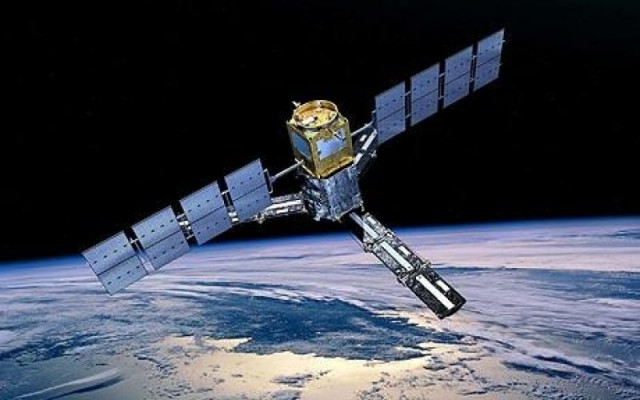ECC to mull relief for satellite services
Move aimed at encouraging local firms to provide such services in Pakistan

Amid a plan to discourage foreign satellite services in Pakistan, the Economic Coordination Committee (ECC), which is scheduled to meet on Wednesday, is set to consider tax exemptions for local firms for the provision of satellite services in the country.
At present, the total satellite capacity usage in Pakistan is approximately 2,200MHz, out of which 21% is on Pakistani satellites and the rest is on foreign satellites.
In financial terms, a minimum of $35-40 million per year is going out of the country and default on the part of users of Pakistani satellites, in the absence of regulations, has piled up to $22.48 million.
Earlier, the cabinet had considered a policy directive for the provision of satellite services in Pakistan.
Under a new draft policy on satellite services, several tax and fee exemptions will be given to the domestic satellite services companies. The IT ministry is of the view that tax and fee exemptions will encourage local companies to make investment in Pakistan.
During the cabinet meeting, its members were of the view that proposals, including tax and fee exemptions, needed to be thoroughly discussed in the ECC meeting. Now, the economic decision-making body in its meeting on Wednesday will consider tax and fee exemptions under the policy directive for the provision of satellite services in Pakistan.
During discussions, the cabinet members had raised concern that the proposal given in the summary would create a monopolistic situation, which would adversely affect the interest of end-consumers.
They also raised questions as to why foreign services were cheaper than those offered by Paksat. The cabinet was informed that foreign satellite companies were involved in dumping their bandwidth, which made it very difficult to compete with them.
Referring to the creation of monopoly, the IT ministry told the cabinet that almost all countries gave their national companies first right of refusal. The cabinet members advised that the issue of dumping bandwidth may be taken up with the National Tariff Commission for imposing anti-dumping duties.
In 2004, “Paksat Programme - the Way Forward” was unveiled by the Prime Minister’s Secretariat, enshrining parameters to add contours for implementation including administrative, financial and regulatory aspects, which needed to be implemented in policy frameworks as voids remained.
The national space assets utilisation could have generated around $544 million to date. The ECC will also consider equity investment of SAR 22.5 million for acquiring 50% shares in Sinsina Industrial Works and Metal Construction Company Limited, Jubail, Saudi Arabia. The Pakistani company is owned by a politician, who was facing a case in the National Accountability Bureau (NAB) and, therefore, permission from the government had been delayed.
Published in The Express Tribune, July 15th, 2020.
Like Business on Facebook, follow @TribuneBiz on Twitter to stay informed and join in the conversation.



















COMMENTS
Comments are moderated and generally will be posted if they are on-topic and not abusive.
For more information, please see our Comments FAQ